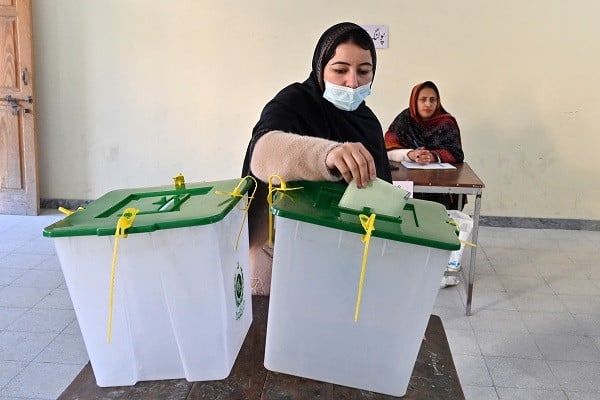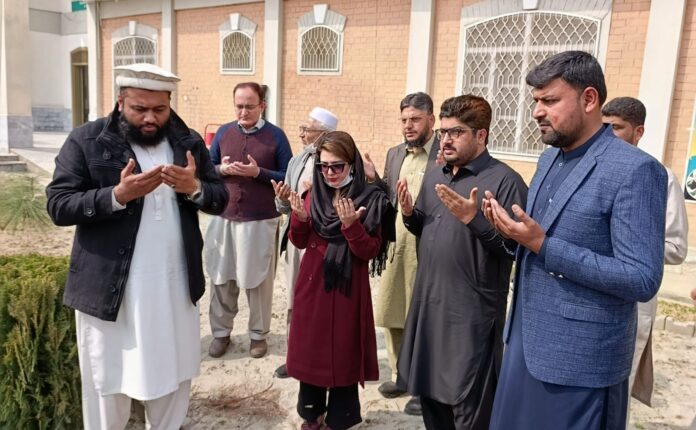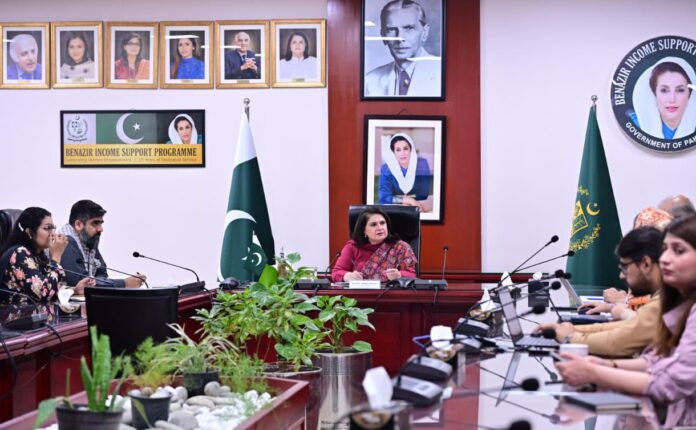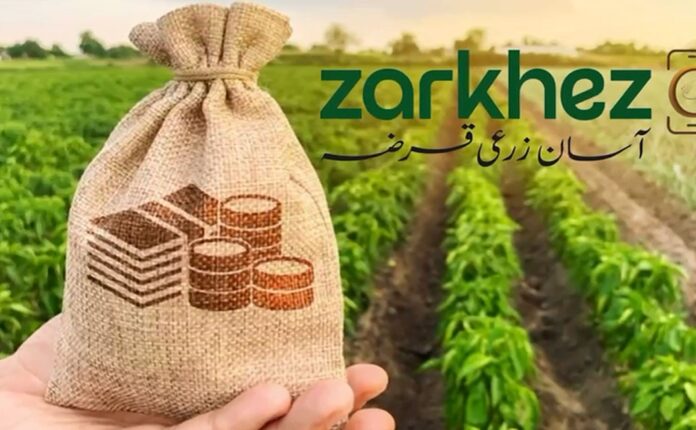The Election Commission of Pakistan (ECP) on Sunday concluded the mammoth election exercise by declaring the results after counting all the votes cast during the polls on Thursday and issued the preliminary statement of the political parties in the national and provincial assemblies.
Voting took place in 854 national and provincial constituencies. According to the first results, 348 independents successfully returned. Apart from a few, the independents belong to the Pakistan Tehreek-e-Insaf (PTI), which was denied its “bat” electoral symbol due to its controversial internal party elections.
Among the political parties, the Pakistan Muslim League-Nawaz (PML-N) emerged as the largest party, winning 227 seats, followed by the Pakistan People’s Party (PPP) with 160 seats. The Muttahida Qaumi Movement-Pakistan (MQM-P) is in third place with 45 seats.
According to preliminary results, independents won 101 seats in the National Assembly. PML-N won 75 seats, PPP 54 and MQM-P 17 seats. Among other parties, Jamiat Ulema-e-Islam (JUI) won four seats, PML-Quaid three and Istehkam-e-Pakistan Party (IPP) and Balochistan National Party (BNP) two each.
Apart from one seat, Majlis Wahdat-e-Muslimeen Pakistan (MWM), Pashtoonkhwa National Awami Party (PNAP), Balochistan Awami Party (BAP), Pashtunkhwa Milli Awami Party (PkMAP), National Party (NP) and PML-Zia each share .
In the provinces, independents lead in Punjab and Khyber-Pakhtunkhwa with 90 and 138 seats respectively. The PPP in Sindh and Balochistan won 84 seats in the Sindh Assembly, while it shared the top position in the Balochistan Assembly with the JUI with 11 seats each.
The election, which has itself been greatly delayed, comes at a crucial time.
Pakistan is in an economic crisis with dwindling foreign exchange reserves that will be further strained by a $1 billion bond repayment due in two months, while its $3 billion financing program with the International Monetary Fund expires on April 12.
“Pakistan will go into more serious political and economic instability if no single majority party emerges,” said Sajid Amin of the Institute for Sustainable Development, a former adviser to the finance ministry.
“However, the most important thing is the credibility of the election and the legitimacy of the government – no government that lacks credibility will be able to deliver much-needed reforms.”
Securing financing will be a top priority, with the country yet to fully cover its external financing requirements for 2024 and its external debt burden of almost $100 billion.
The new government is expected to swiftly take the necessary steps, such as on state-owned enterprise governance, to complete the last remaining review of the current $3 billion IMF stand-by arrangement – a bridge loan that helped bring the country back from the brink of default.
This would give it a final tranche of $1.1 billion before the current IMF program expires in mid-April – with the government having to secure a follow-up program immediately.







